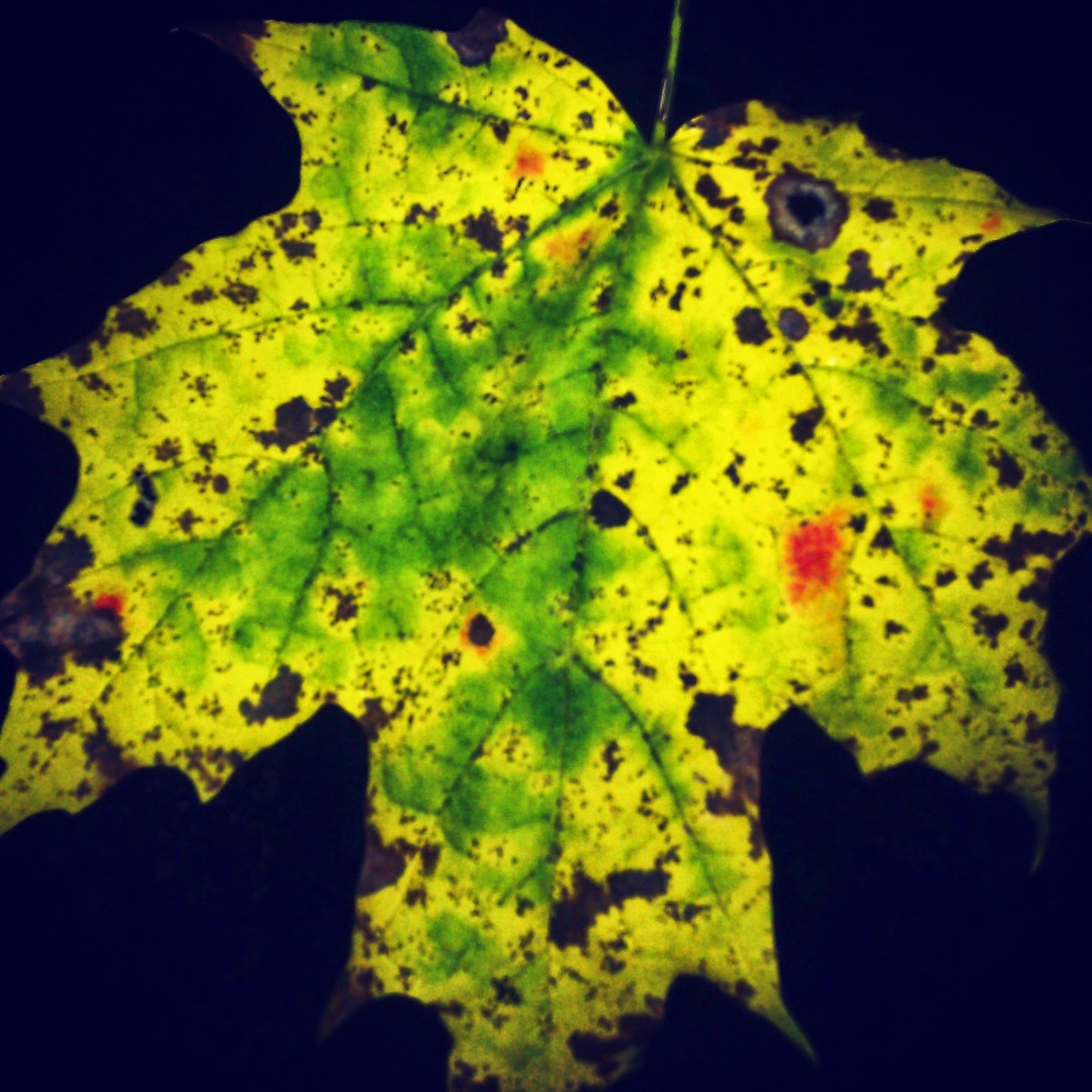Psychology professor at the University of California at Davis, Robert Emmons conducted a study in which he asked people to make journal entries once a week. He randomly assigned subjects to one of three groups.
The first group he asked to list in their journal five things they were grateful for that had occurred in the last week.
The second group he asked to describe five hassles or annoyances that week.
The third group, the neutral group, was asked to list five events or circumstances that affected them, and they were not told to accentuate the positive or negative aspects of those circumstances.
In the first group, typical samples of things for which people were grateful were:
- The generosity of friends;
- The right to vote;
- The God-given gift of determination;
- That I have learned all that I have learned;
- Sunset through the clouds;
- The chance to be alive;
- My in-laws live only ten minutes away.
- Hard to find parking;
- Messy kitchen no one will clean;
- Finances depleting quickly;
- No money for gas;
- Our house smells like manure;
- Burned my macaroni and cheese;
- Did favor for friend who didn’t appreciate it;
- My in-laws live only ten minutes away.
At the beginning of the ten-week study period, the three groups were about the same in terms of how they felt about their life as a whole and what they expected for the upcoming week: about the same range of responses and about the same average response. By the end of the ten weeks, however, the gratitude group was scoring much higher on both how they felt about their life as a whole and on what they expected out of the upcoming week than either the hassles group or the neutral group.
It was remarkable, reports Emmons, how much difference it made to take just a couple minutes once a week to list five things for which one is grateful.
In a follow-up study, Emmons asked subjects to journal every day (rather than once a week) about what they were grateful for that day, or what annoyed them that day, or, neutrally, five events that affected them. He found that the differences were even more pronounced -- that the gratitude practice made even more of a difference to people’s perception of the quality of their life, when they were practiced daily.
Religion begins in gratitude, it has been said. It is the first and most basic spiritual practice; the first and most basic spiritual virtue. What separates a purely secular view – of life, of the universe – from a religious view is the infusion of sentiments of thankfulness. The difference between a secular and a religious orientation is not about what entities or supernatural powers do or do not exist – it’s about the attitude we have toward what exists, whatever it is.
The difference between “my inlaws are only 10 minutes away” and “my inlaws are only 10 minutes away” is not a disagreement over the facts, but in whether we are able to cultivate a joy in those facts.
(Not that you have to be joyful about every fact, but do you cultivate joy in general?)
Gratitude takes practice. The gratitude muscle, to become strong, requires regular exercising.
And the people around you can tell. Emmons writes:
“Remarkably, not only did the reports of participants in the gratitude condition indicate increased positive feelings and life satisfaction, but so did the reports of their significant others. Spouses of participants in the gratitude condition reported that the participants appeared to have higher subjective well-being than did the spouses of participants in the control condition.”* * *
This is part 3 or 4 of "Gratitude and Its Expression"
Next: Part 4
Previous: Part 2
Beginning: Part 1



.JPG)
.JPG)





.jpg)
.jpg)









